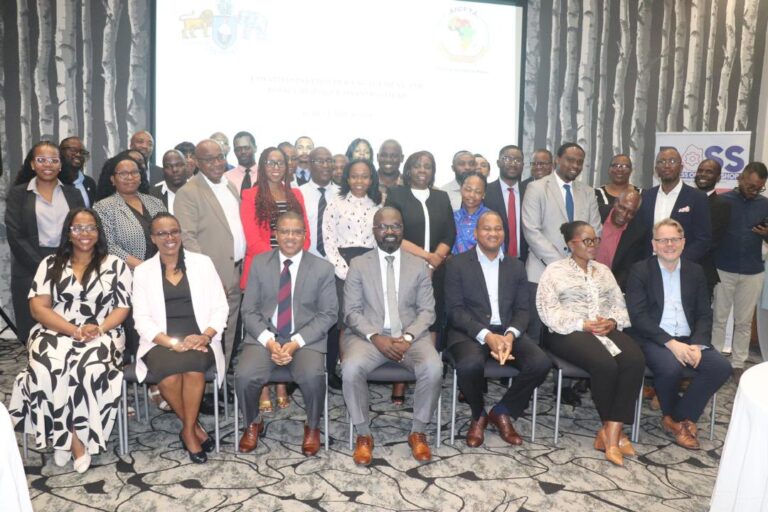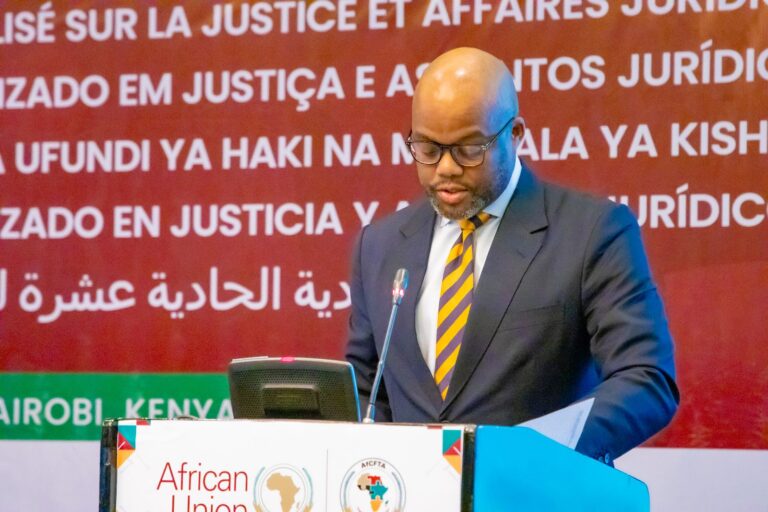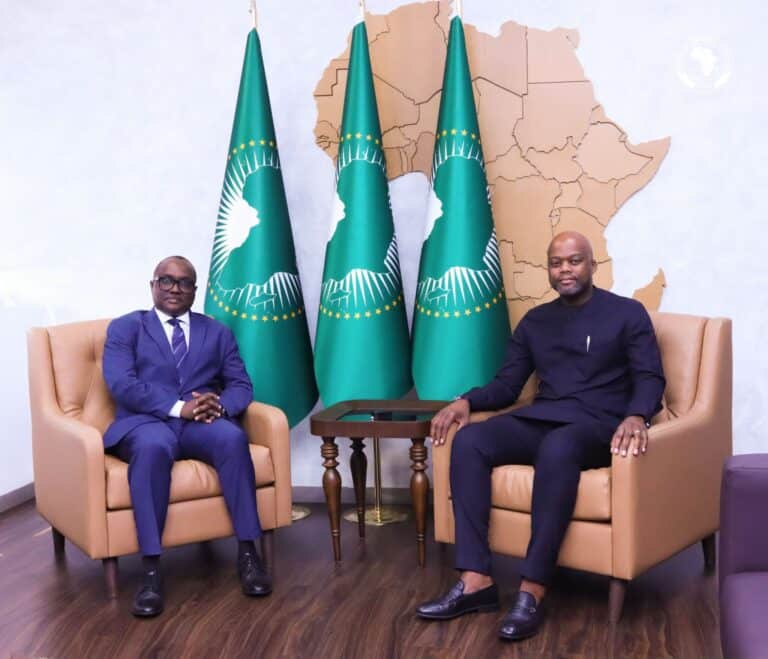The capital of Madagascar this week plays host to a crucial national workshop on the implementation of the African Continental Free Trade Area (AfCFTA) Agreement. The workshop, which runs until the 18th of August, is a significant stride towards a more integrated African market, which Madagascar, as one of the first signatories of the agreement, stands poised to benefit from immensely.
However, while the island nation was swift in signing the AfCFTA Agreement, it is yet to ratify it. This workshop, requested by the Ministry of Industrialisation, Trade and Consumption, is part of the comprehensive ratification process.



With representatives from both the public and private sectors in attendance, the workshop underscores the importance of the AfCFTA not only as a milestone in African integration but as a vital instrument for the nation’s economic ambitions.
According to the Review of Maritime Transport 2021, the AfCFTA is projected to significantly boost maritime trade. Given Madagascar’s unique geographic location and its reliance on maritime transport, this could pave the way for the country to bolster its trade ties and solidify its position in the continental and global trade arenas.
For Madagascar, with its population of approximately 26 million, the AfCFTA offers more than just enhanced maritime trade. It provides a chance to tap into the combined African market of over 1.2 billion consumers. As many economic pundits note, a market of this size could afford Madagascar economies of scale, presenting potential benefits for both producers and consumers.



By opening up to this expansive market, Madagascar could see a surge in trade, better competitiveness, and potential investments in sectors that have been hitherto under-explored or under-utilized.
However, while the potential benefits are manifold, so are the challenges. As the workshop unfolds, one can expect spirited discussions on the nuances of the agreement, the challenges it presents, and the pathways through which Madagascar can best position itself to harness the advantages of the AfCFTA.
One thing is certain, though – with the AfCFTA implementation in the pipeline, the African trade landscape is changing. And as Madagascar takes its steps towards ratification, it is sending a clear message about its readiness to embrace change and its intent to position itself at the forefront of this new trade era.


